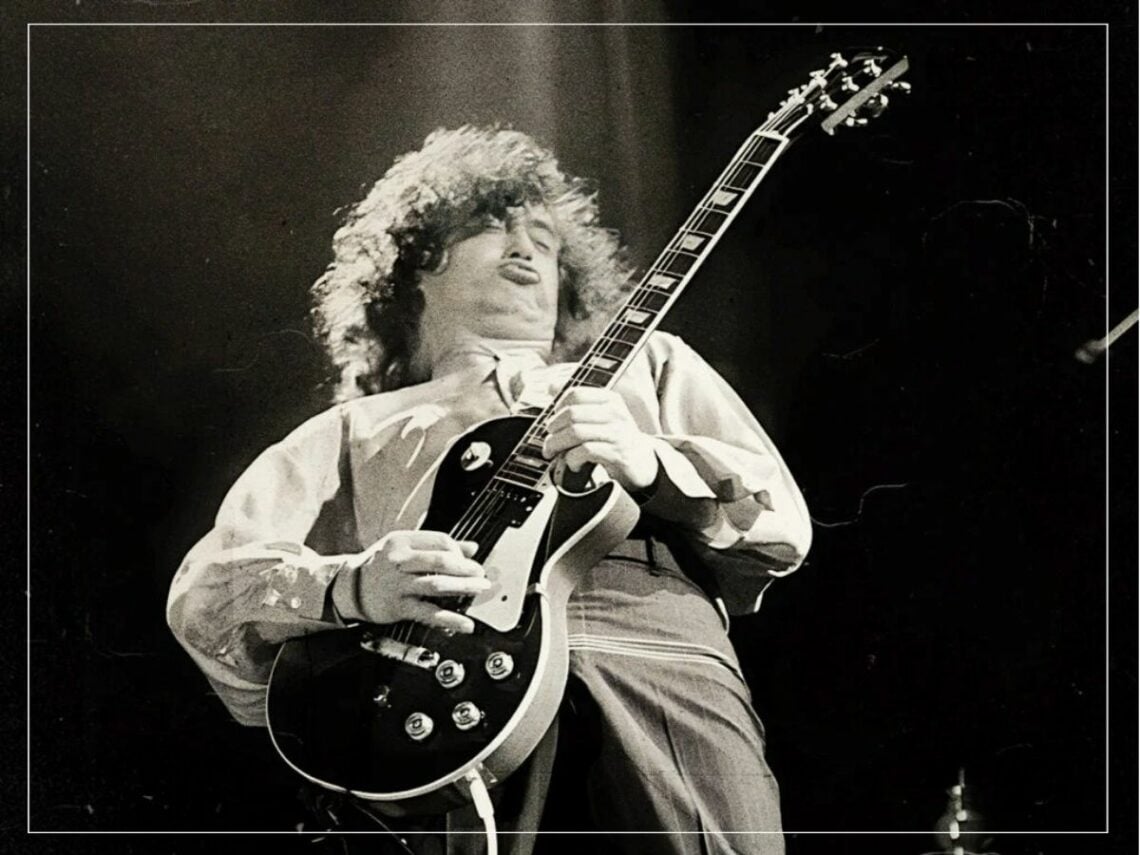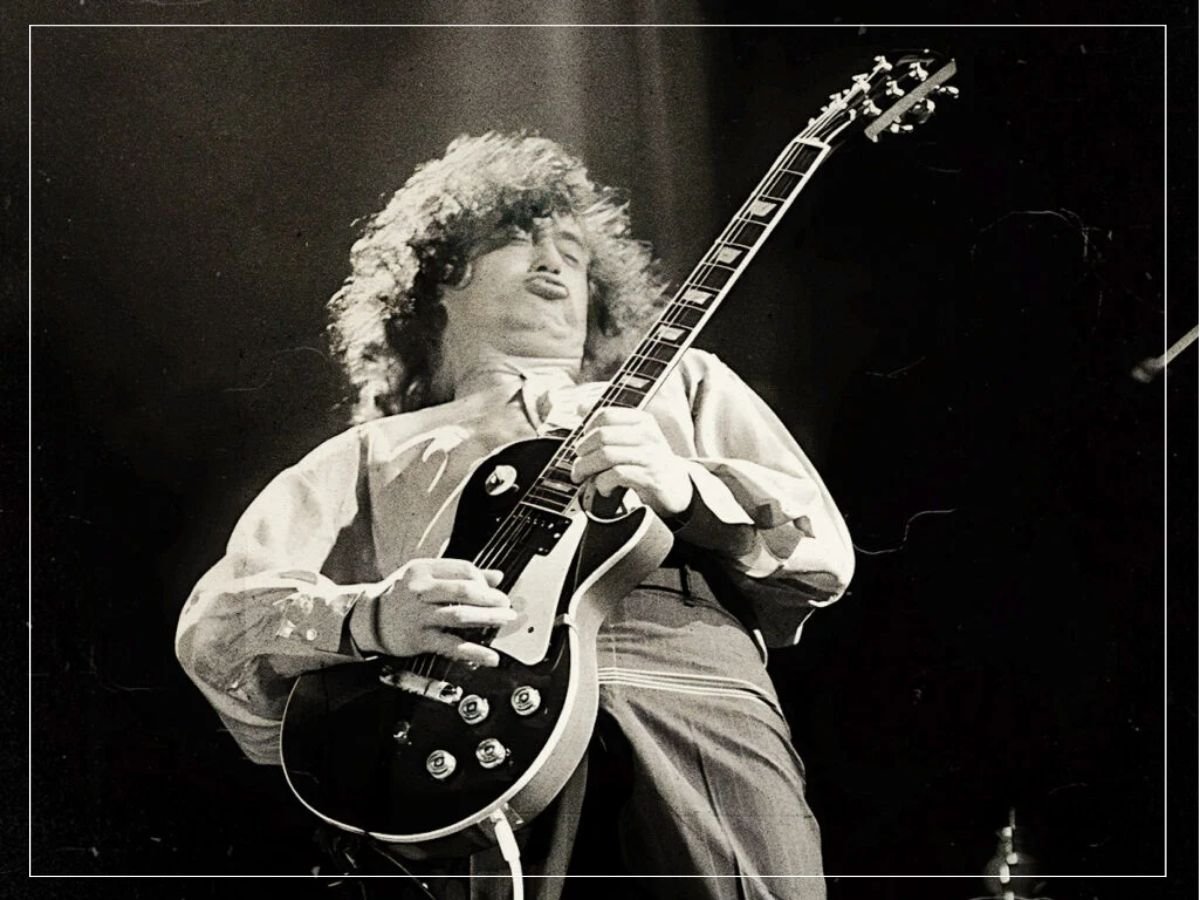
(Credits: Far Out / Alamy)
When Jimmy Page struck out on his own with Led Zeppelin, there was nothing that was off the table. He had the ability to work in many different lanes and still be interesting, and while it didn’t always make for the best song, it was impossible not to look on in amazement whenever tunes like ‘Kashmir’ and ‘Whole Lotta Love’ came on the stereo. But out of all the material he had to work with, Page knew enough to realise that certain genres were off the table when he began working with his new outfit.
But it should be mentioned that Page wasn’t the judge, jury and executioner when it came to Zeppelin’s material. He was the one who had the idea and it was his baby in many respects, but it took everyone in the group to make it what it was, whether that was John Paul Jones adding the perfect accompaniment to a song or John Bonham turning in a drum solo for the ages in the middle of ‘Moby Dick’.
And as much as Page had a history of working in the session scene, a lot of what he was doing came out of exploring new sonic textures no one had touched. There was hardly anyone who could have squeezed a song out of the weird tuning that ‘The Rain Song’ is played in, but after fiddling around with it for as long as he could, Page finally was able to make something that made artistic sense without having to do any major musical leaps.
But those kinds of leaps were always what Page excelled at. There are countless Zeppelin tunes where even he probably didn’t know where it was going, but as long as he had a guitar in his hand, he knew that he was going in the right direction. This was progression done right, but when listening to what his old band was doing, he was convinced that prog was far from his genre of choice.
Although The Yardbirds had been where Page had cut his teeth, it was clear that he was starting to move on to something different. It would never hurt to have someone like Jeff Beck on his team, but considering how many times he was getting pushed to the side, he knew that he couldn’t handle sitting in the background and focusing on making something that served someone else’s muse.
He needed to branch out, and the version of ‘progressive blues’ was now out the door, saying, “I hate that phase ‘progressive blues’. It sounds like a hype, but it’s more or less what the Yardbirds were playing at the end, but nobody knew about it because they never saw us. I didn’t want the Yardbirds to break up, but in the end, it was too much of a headache. I just wanted to play guitar, basically, but Keith always had this thing of being overshadowed by Jeff and that, which was nonsense.”
But listening to Zeppelin’s debut, it feels a lot closer to the kind of progressive blues that Page was alluding to. Whereas The Yardbirds wanted to create pop tunes disguised with a thin veil of blues, Page knew he was better off leaving the singles market behind altogether and carving his own path for himself.
And almost by accident, he did end up creating the ideal blueprint for how a band should progress. He wasn’t going to have the same safety net he did with The Yardbirds, but he knew he would be much happier having complete control than being forced to sit around and play bluesy licks for the pop market.
Related Topics
Subscribe To The Far Out Newsletter
